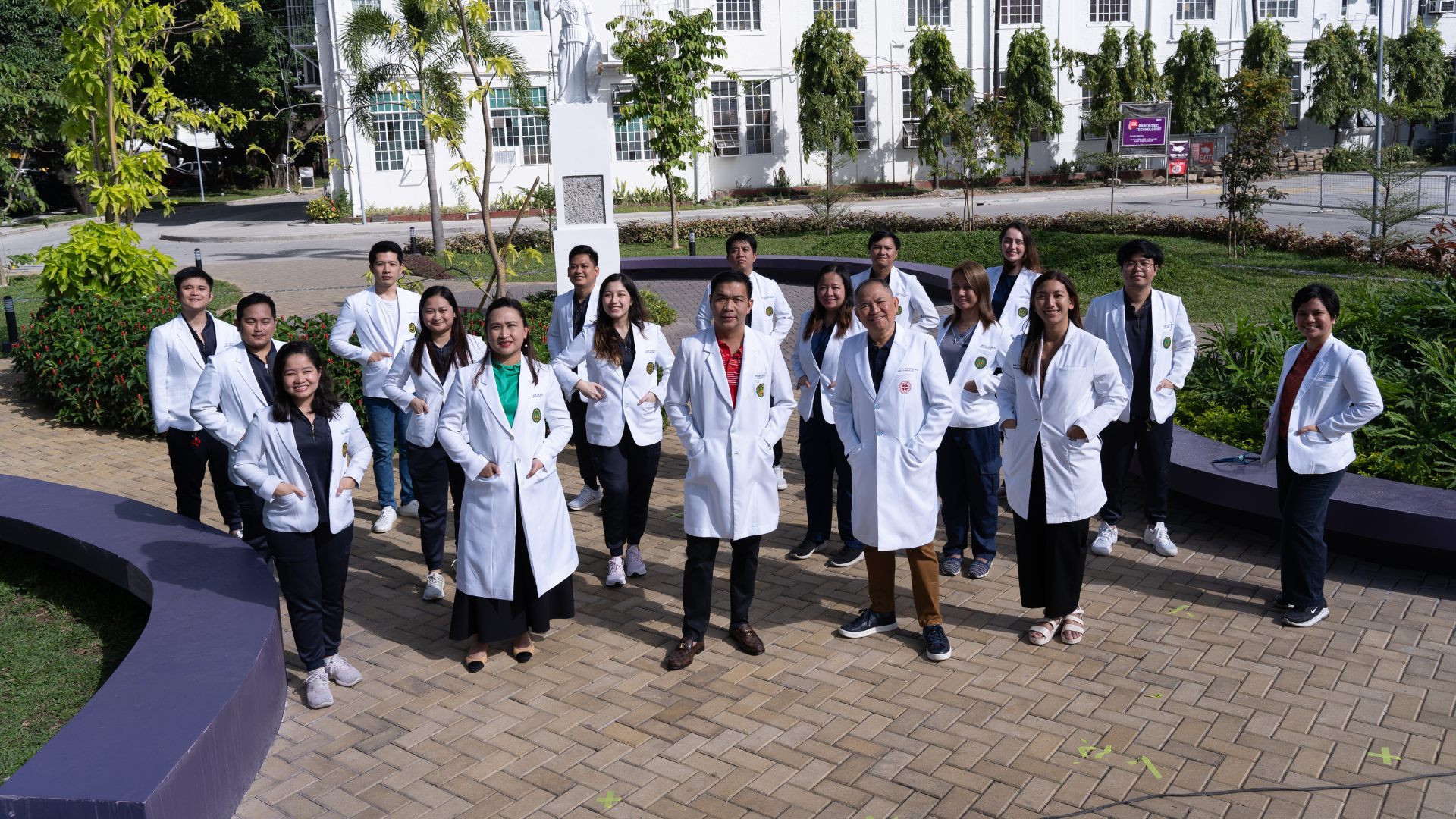Internal Medicine

DEPARTMENT
Internal Medicine Department
Welcome to the MCU-FDTMF Department of Internal Medicine, where expertise meets excellence in healthcare. As a premier institution within the campus of Manila Central University, the MCU-FDTMF Department of Internal Medicine stands at the forefront of cutting-edge medical advancements and compassionate patient care.
Our department is home to a team of renowned specialists, each possessing a wealth of knowledge and experience in various subspecialties of internal medicine. From Cardiology to Gastroenterology, Pulmonology to Nephrology, and all subspecialties, our dedicated physicians are committed to providing comprehensive and personalized care to meet the unique needs of each patient.
At MCU-FDTMF, we pride ourselves on our commitment to staying abreast of the latest medical innovations and breakthroughs. Our specialists undergo rigorous training and continuous education to ensure they are well-versed in the most advanced diagnostic and treatment modalities. This commitment to excellence places our department at the forefront of medical research and patient care in the MCU.
OFFERS
TRAINING PROGRAM



